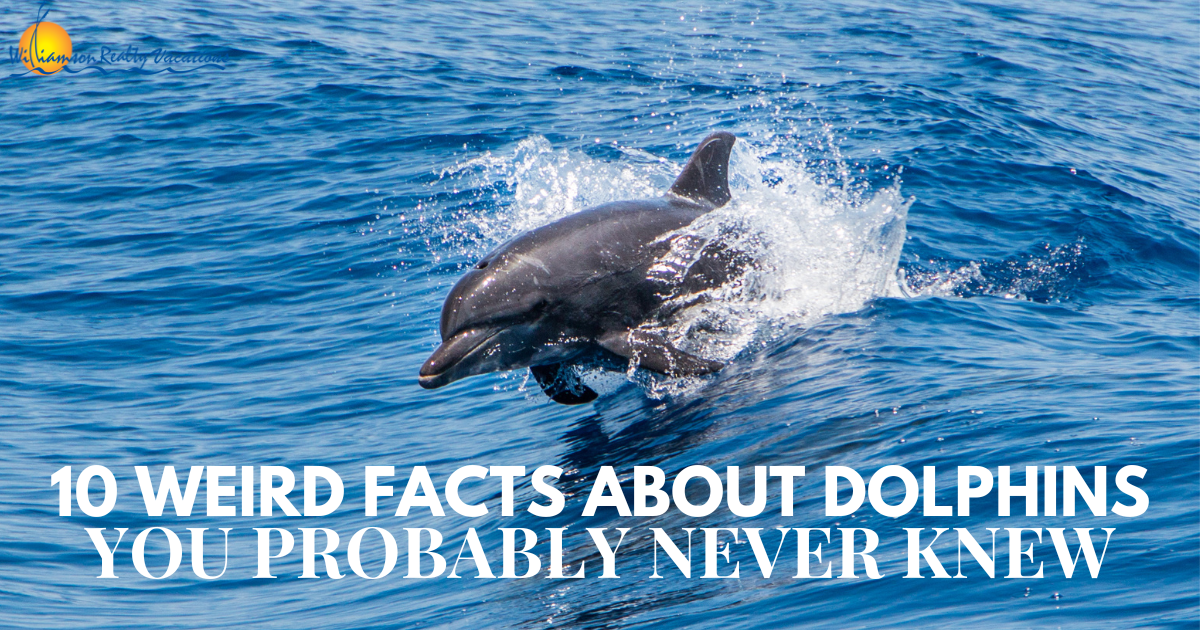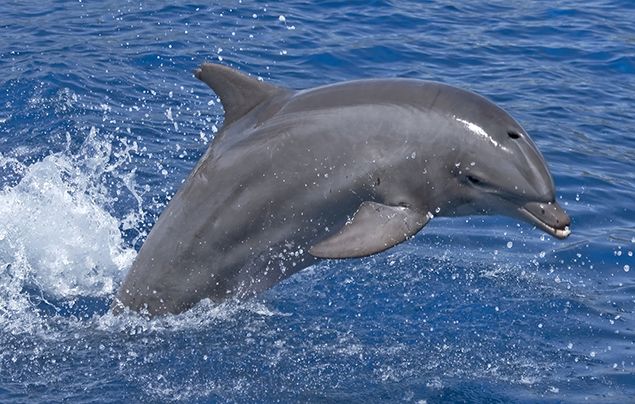Unbelievable Dolphin Facts Regarding Their Role in Ocean Conservation
Unbelievable Dolphin Facts Regarding Their Role in Ocean Conservation
Blog Article
Study the Sea: Fascinating Dolphin Facts for Ocean Lovers
The globe of dolphins presents a fascinating crossway of intelligence, social actions, and eco-friendly significance. From their complicated interaction approaches to their excellent analytical abilities, dolphins challenge our understanding of pet intelligence.
Dolphin Variety Diversity
Variety is a hallmark of the dolphin family, encompassing a wide variety of types that exhibit unique physical characteristics, habits, and habitats. The family members Delphinidae, typically called oceanic dolphins, comprises approximately 37 species, each adapted to details environmental specific niches. The bottlenose dolphin (Tursiops truncatus) is renowned for its knowledge and versatility, thriving in both seaside and open sea settings.
On the other hand, the orca (Orcinus orca), commonly referred to as the killer whale, is the biggest participant of the dolphin household and is defined by its striking black-and-white pigmentation. Orcas demonstrate complex social frameworks and searching methods, showcasing the behavior diversity within the family. Other varieties, such as the spinner dolphin (Stenella longirostris), are kept in mind for their acrobatic screens and choice for warmer waters, highlighting the versatility of dolphins to different marine environments.
In addition, river dolphins, including the pink river dolphin (Inia geoffrensis), live in freshwater environments, further showing the varied habitats that dolphins occupy. Dolphin Facts. This extraordinary variety not just enhances marine environments but additionally stresses the relevance of conservation efforts to protect these impressive creatures and their atmospheres
Social Habits and Interaction
The complex social habits and communication methods of dolphins are crucial parts of their presence, facilitating group communication and improving survival. These very intelligent aquatic animals display complex social structures, typically creating sheaths that can range from a few individuals to over a hundred. Within these groups, dolphins involve in habits such as cooperative hunting, social play, and shared protection, which foster solid bonds among participants.
Dolphins utilize a sophisticated range of vocalizations, including clicks, whistles, and body language, to share info and express feelings. Their signature whistles act as unique identifiers, similar to names, allowing people to call out to one another. This singing interaction is matched by non-verbal signals, such as leaping, slapping the water, and synchronized swimming, which additionally improves their interactions.

One-of-a-kind Feeding Habits
One-of-a-kind feeding practices identify dolphins, showcasing their adaptability and intelligence in numerous marine atmospheres. These aquatic creatures are known for their varied diet regimens, which mostly contain fish, squid, and crustaceans. Their searching methods can vary substantially, often customized to the certain target and ecological conditions.
One notable approach is cooperative hunting, where dolphins operate in teams to herd schools of fish right into limited developments, making it much easier for individuals to catch their meal. This social behavior not only boosts their feeding effectiveness however likewise strengthens social bonds within the hull. Furthermore, dolphins have been observed employing a strategy called "fish-whacking," where they utilize their tails to disorient or visit this site stun fish, facilitating easier capture.
One more remarkable feeding routine is echolocation, which permits dolphins to spot victim even in dirty waters. By producing audio waves and analyzing the returning echoes, they can recognize the dimension, form, and location of their targets. This exceptional ability emphasizes their versatility in various habitats, from superficial seaside locations to deeper nautical waters. Overall, the special feeding practices of dolphins highlight their duty as knowledgeable killers within the aquatic ecological community, demonstrating both knowledge and ingenuity.
Knowledge and Trouble Fixing
Their intelligence is noticeable in their analytical abilities, social communications, and ability for learning. Study has shown this website that dolphins can utilize tools, such as using marine sponges to shield their rostrums while foraging on the seafloor.
Furthermore, dolphins show advanced interaction skills, utilizing a complicated system of clicks, whistles, and body movement. Dolphin Facts. This communication is important for working with group tasks, such as searching and socializing, illustrating their capability to work collectively in the direction of a typical goal. Their capacity to understand abstract concepts, including self-recognition in mirrors, even more highlights their cognitive refinement
In regulated researches, dolphins have actually shown a capability to resolve puzzles and execute jobs that require both memory and essential reasoning. These communications suggest not just intelligence however likewise a determination to involve with their environment in unique methods. In general, the cognitive expertise of dolphins puts them amongst one of the most intelligent types on earth, fostering a deeper appreciation for their role in aquatic ecosystems.
Preservation and Environmental Effect
Conservation initiatives aimed at shielding marine ecological communities are crucial for preserving dolphin populaces and their habitats. Dolphins are extremely conscious ecological check these guys out modifications, and their survival is intricately connected to the health and wellness of nautical ecological communities. Overfishing, pollution, and climate adjustment pose considerable dangers to both dolphins and their atmospheres.
Overfishing disrupts the food chain, causing a decrease in prey species vital for dolphin survival. Contaminants such as chemicals and plastics collect in marine environments, jeopardizing dolphins via intake and bioaccumulation. Increased water temperature levels and ocean acidification, effects of climate change, further threaten the fragile equilibrium of marine ecosystems, impacting dolphin breeding and migratory patterns.
By prioritizing conservation initiatives, we can make certain that future generations delight in the charm and vitality of dolphins and the seas they populate. Shielding aquatic ecological communities is not just about saving dolphins; it is about maintaining the detailed internet of life that maintains us all.
Conclusion
Dolphins exemplify the complexity and richness of aquatic life via their varied types, complex social structures, and progressed cognitive capabilities. Their special feeding habits and interaction techniques better show their adaptability and knowledge. As important components of aquatic ecosystems, dolphins emphasize the requirement of ongoing preservation initiatives to secure their habitats. Shielding these remarkable creatures is necessary not just for their survival however additionally for keeping the health and wellness and balance of sea settings globally.
Other species, such as the rewriter dolphin (Stenella longirostris), are noted for their acrobatic display screens and preference for warmer waters, highlighting the adaptability of dolphins to different aquatic environments.
On the whole, the one-of-a-kind feeding behaviors of dolphins highlight their function as skilled killers within the marine environment, demonstrating both intelligence and ingenuity.
Generally, the cognitive expertise of dolphins puts them among the most intelligent species on the earth, fostering a deeper recognition for their role in marine communities.

Report this page